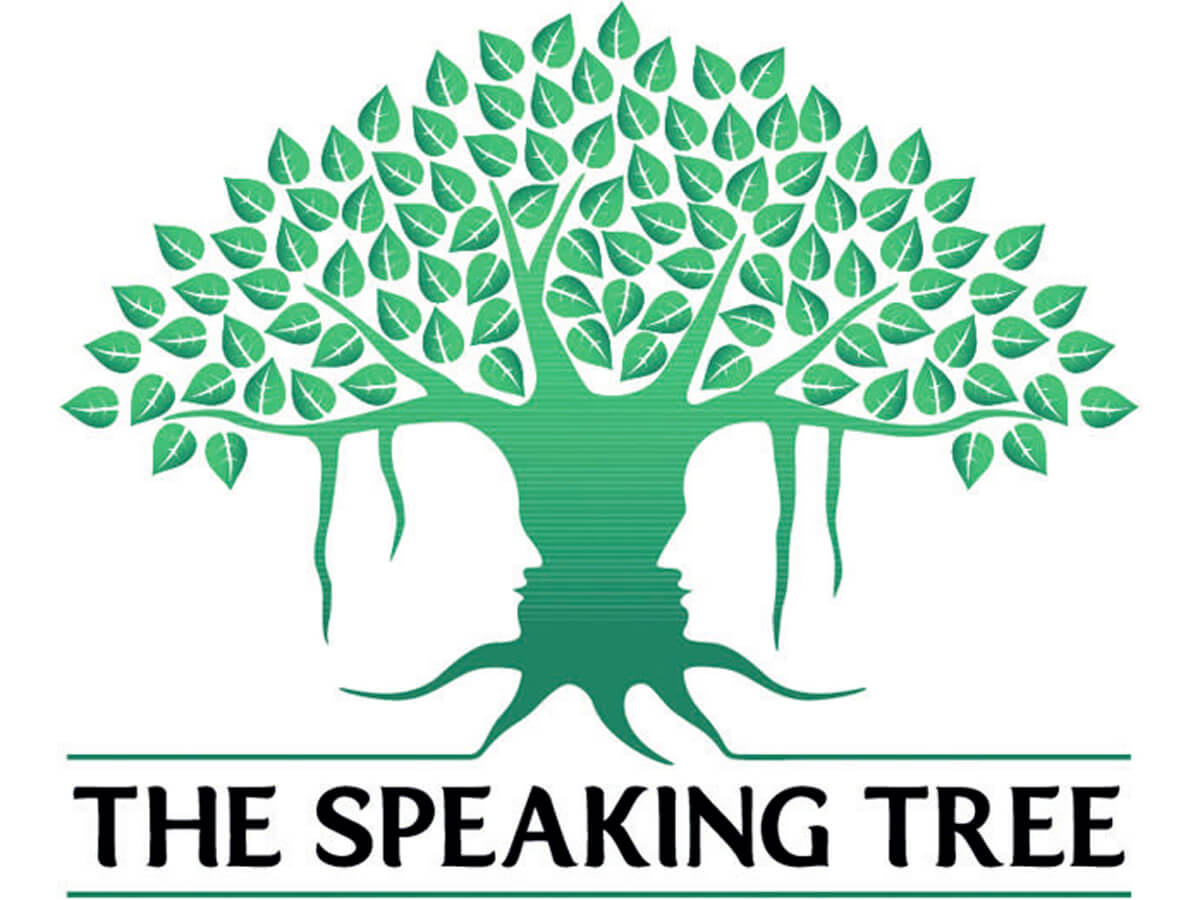Today, the corporate world is challenged by cut-throat competition and stress of employees. To address these challenges, building enriched workplace culture with honesty, trust, creativity, personal fulfilment and employees’ commitment to organisational goals is of paramount importance. A humanistic work environment enhances employee morale, ethical conduct, honesty and trust, improves individual performance and productivity, leading to organisational growth and profitability. In this context, the seminal work on ‘Servant Leadership‘ of management expert Robert Greenleaf is of relevance.
He developed the concept of servant leadership reading the German writer Hermann Hesse’s novel ‘Journey to the East’. The novel narrates the story of a group of knowledge seekers who undertook a journey in pursuit of the ‘Ultimate Truth’.
Servant Leadership stands on the core principles of respecting the values and dignity of the subordinates and serving others, which include customers, partners, fellow employees and the community at large. The concept contains elements of particpative leadership. With the transformation sprouting from globalisation, technological advancement and changing employee demography, servant leadership presents a new paradigm that is of significance to meet the evolving changes of this century.
Related posts:
trump: Donald Trump gets a political boost following indictment by Manhattan jury
Melody for Monday: Aaj sajan mohe
vivekananda rock memorial: PM Modi: Reflections and new Sankalp from my Sadhana at...
Austrian Grand Prix: Max Verstappen Wins at Red Bull Ring, Charles Leclerc Comes in Second
Ferrari's Charles Leclerc Fastest In First Practice For Singapore GP
Opinion | Richard Hanania’s Racism Is Backed by Silicon Valley Billionaires
Stepping up to the West Asia plate
Thackeray and Co. should look at their performance before attacking Himanta because his...
Opinion | The F.D.A.’s Johnson & Johnson Vaccine Call Is No Catastrophe
How Amazon used India’s sluggish judiciary to ensure that Reliance doesn’t become their...

